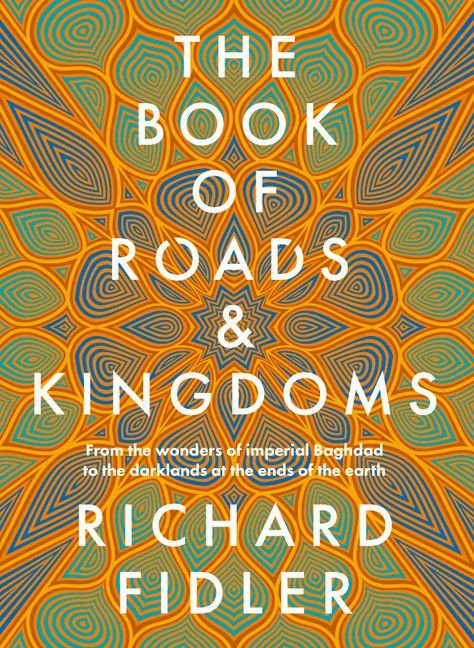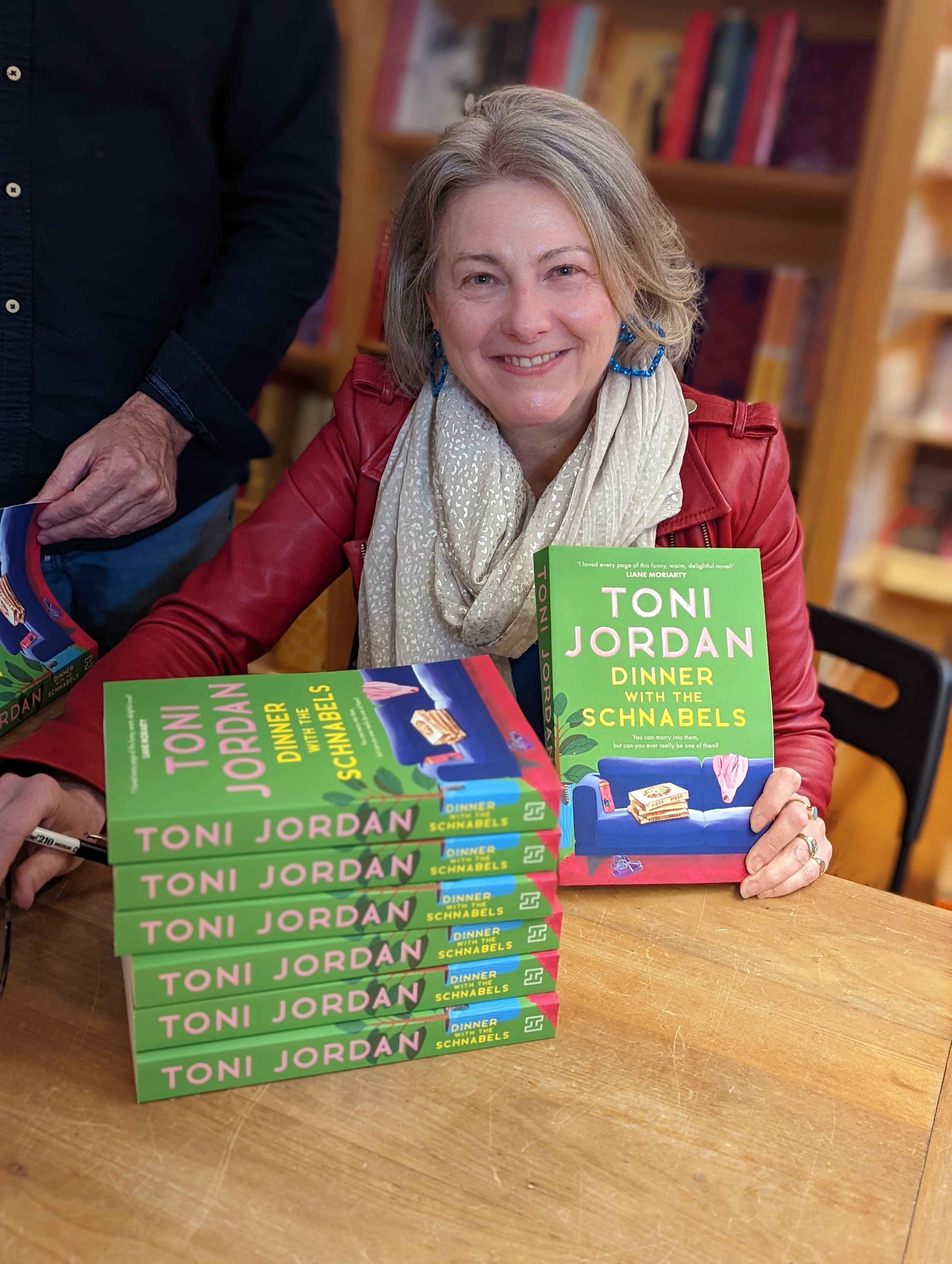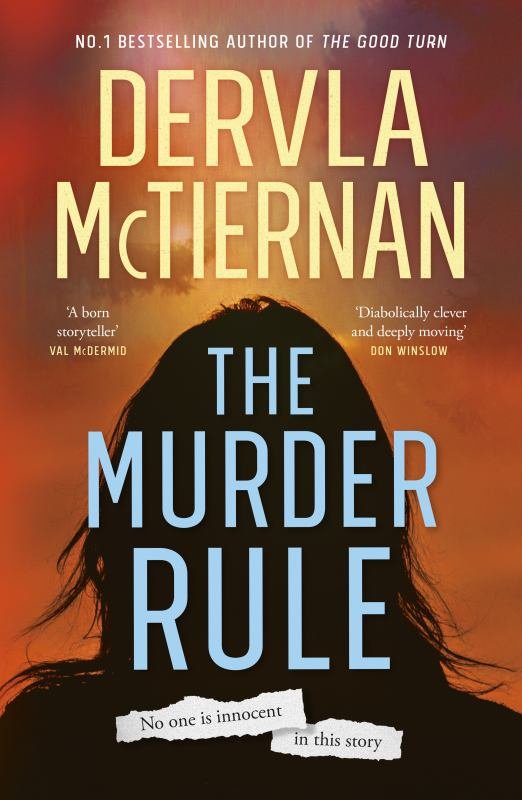Do you have any writing rituals?
I actually need to set a bit of a mood. There is always a pot of English breakfast tea, a playlist, and sometimes a dried eucalyptus leaf burning. I find setting up a strange little altar helps me see the practice as something intentional, and sacred. I collect little artefacts to have on my desk that reconnect me to the story. The ritual gives me a shortcut to wherever I left off previously.
Are you a plotter or a pantser?
I go in as a plotter, then realise my characters have minds of their own and they will insist on a different story. It always surprises me.
How do you feel about the book now it’s out of your hands?
Terrified! It’s difficult not to feel perfectionistic, to see things you want to change even once it is in print, but I’ve begun relating to it as if a child. It has a life of its own to lead, it is no longer mine to form. It will find its people, and the right ones will hold it gently.
As you were writing, who did you have in mind as the ideal reader?
Honestly, the ‘singular reader’ I wanted to present truth for was very specifically a woman who has experienced separation with young children, especially if she has done so within a religious context. That being said, I feel many people appeared as ideal readers along the way - especially those who are navigating suffering in any way.
If Immaculate was made into a movie, who would you see playing the main characters?
Oooffft this is hard, because it actually started as a script pitch, and I’ve imagined many different people (including myself!). For Frances (a woman in her mid 30s), I always imagined a young Claudia Karvan, or the incredible actor Yael Stone. Someone raw, fascinating to watch, compelling in their complexity.
For Mary (a sixteen year old girl), it would need to be a very young, eccentric, comedic actor. Potentially someone raw and unpolished. I had real teenagers in mind, instead of actors, but a teenage Celeste Barber or Steph Tisdell would be the dream.
What is your number one rule for writing?
If you force it, you will need to rewrite it anyway. Wait for flow - invite flow - cultivate flow with focus and ritual.
What element of your writing brings out the grammar police in your editor?
I love repeating words three times as a kind of poetic coda. A weird tick of my brain, it brings in a rhythm I like but my editor finds a little… much.
Do you have a favourite writing place?
I tend to move around my house like a cat until I’m comfortable, but I do love my desk. I also did a lot of writing of Immaculate at Lucky Duck (a cafe in Highgate Hill). I tend to get more plot inspiration if I’m out of the house moving my body, however. A big element of the plot came from a night walk I took in New Farm Park.
Are you reading anything at the moment?
Oh God, my book stack…
I’m simultaneously reading Fourth Wing (Rebecca Yarros) and Sorrow and Bliss by Meg Mason. I am about to start Emily O’Grady’s Feast and cannot wait.
What are you working on next?
I’ve begun a second novel that is bringing me a lot of excitement. It explores the social ramifications of a paleontological fossil find that indicates extraterrestrial life, and follows the woman assigned to the controversial dig. I was inspired by the discovery of the first dinosaur bone (by a woman, Mary Mantell, in the 1860s), and the way faith groups and creation ideologies had to resist or integrate the explosive claim that dinosaurs existed. We haven’t found evidence of alien life yet, but when we do, it will have far reaching impacts on religions, conspiracy groups, and political agendas. A little like the pandemic, it will deeply politicise personal relationships too.
Can you tell I’m in the first throes of love? I love the dating stage of writing stories - by the time you get to the proofread in the edit you’re ready to file for divorce…





































